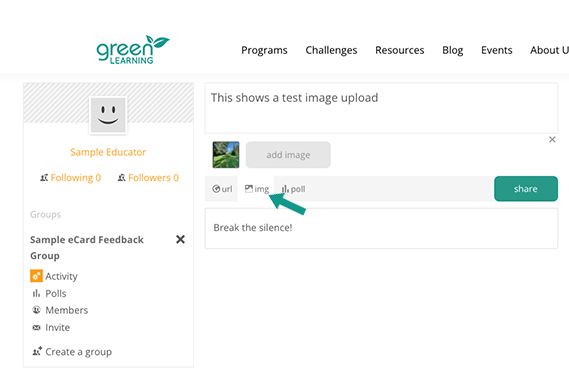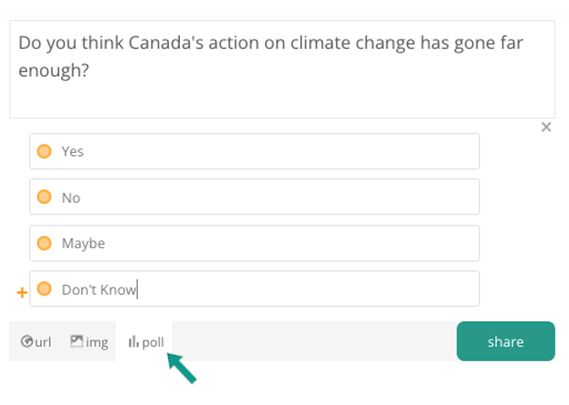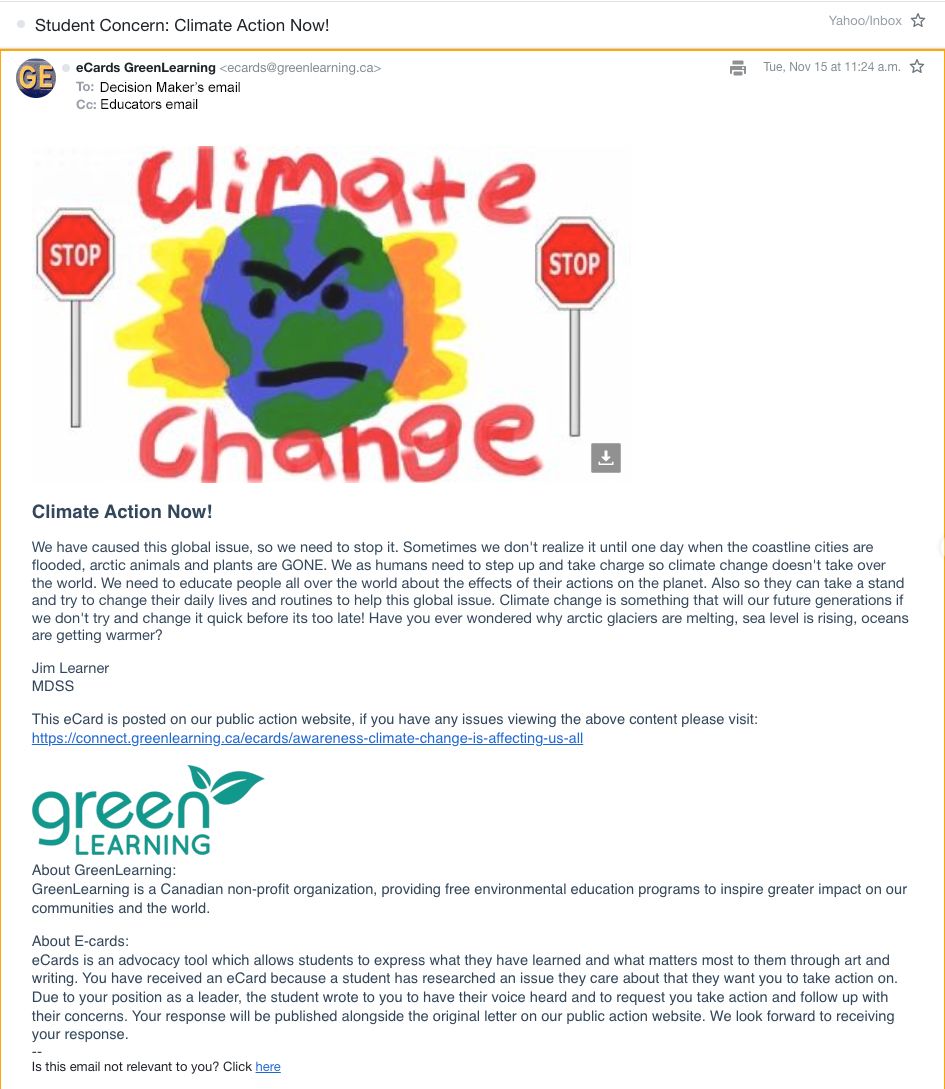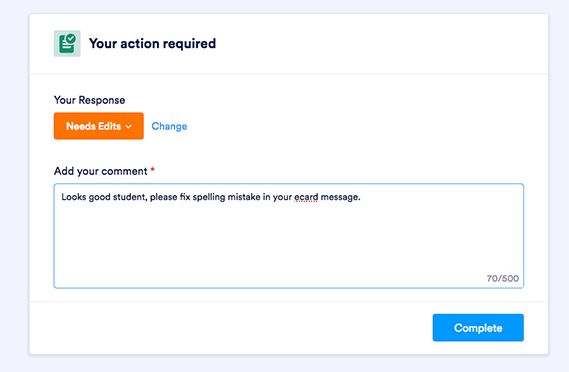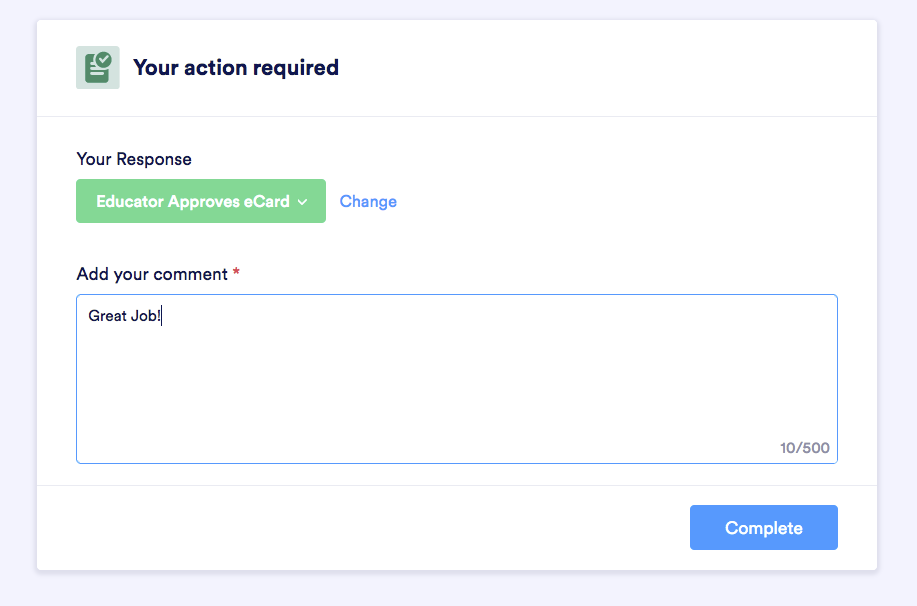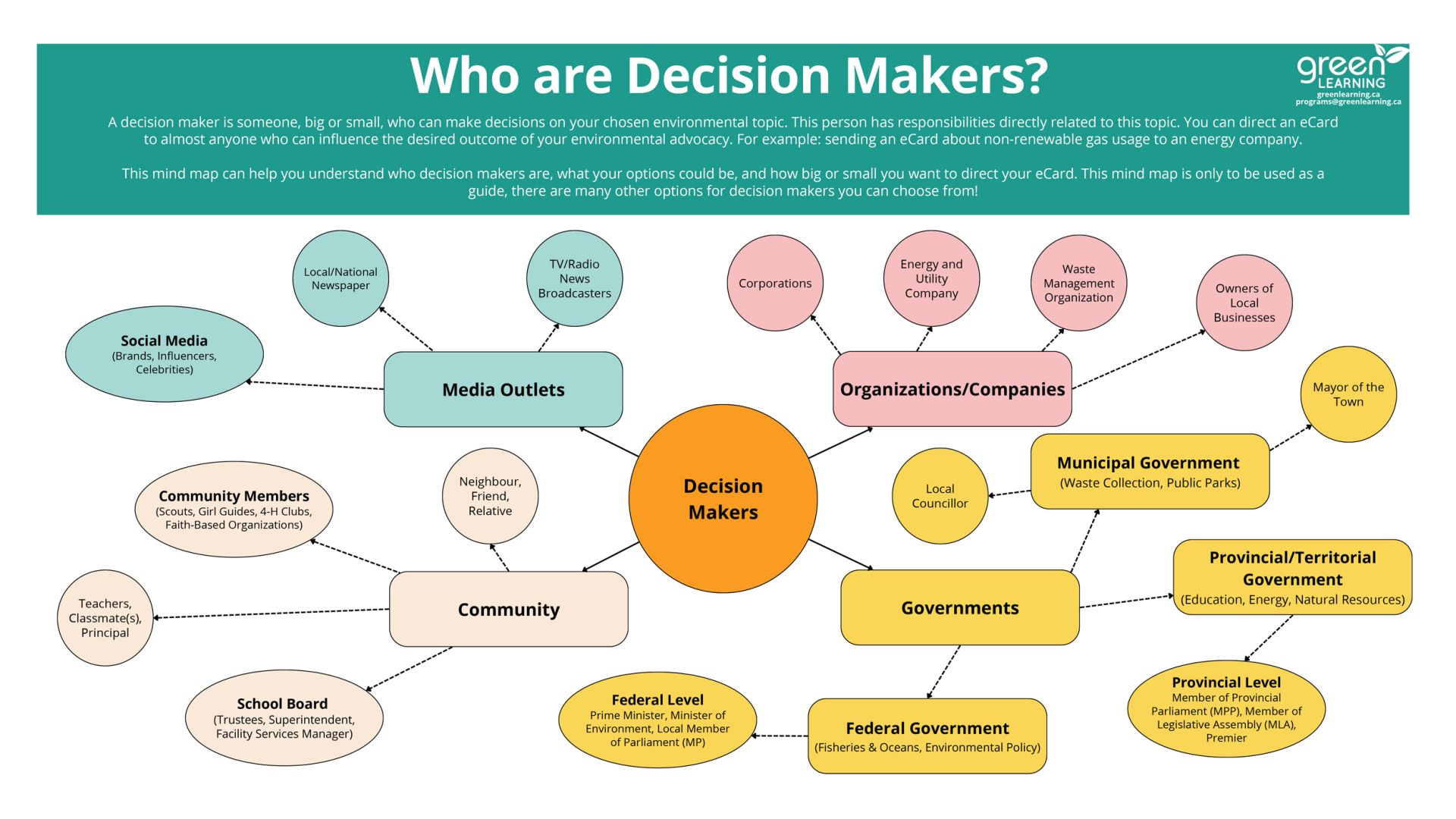2021 Re-Energy
Challenge Submission Showcase
The Solar Oven Challenge was so hot it expanded to include 6 new renewable energy models in 2021. Learners can now explore models such as a penny battery, a flywheel model, an electric vehicle model, a hydroelectric generator, a biogas generator or a wind turbine. Students set a new standard for re-energy engineers as they innovated working models and working units for transportation, heating and more!
Fort Assiniboine School, Grade 9 ScienceFort Assiniboine, Alberta
Using recycled material where possible, Mr. Wyman’s grade 9 students successfully built two solar ovens that reached internal temperatures of 315℉. Involving parents, community members and other classes in their journey, students were able to build on their understanding of climate change and renewable energy technologies as well as share their learning with others. Even on a 5℃ day, the students were able to put their ovens to use and bake some delicious brownies!
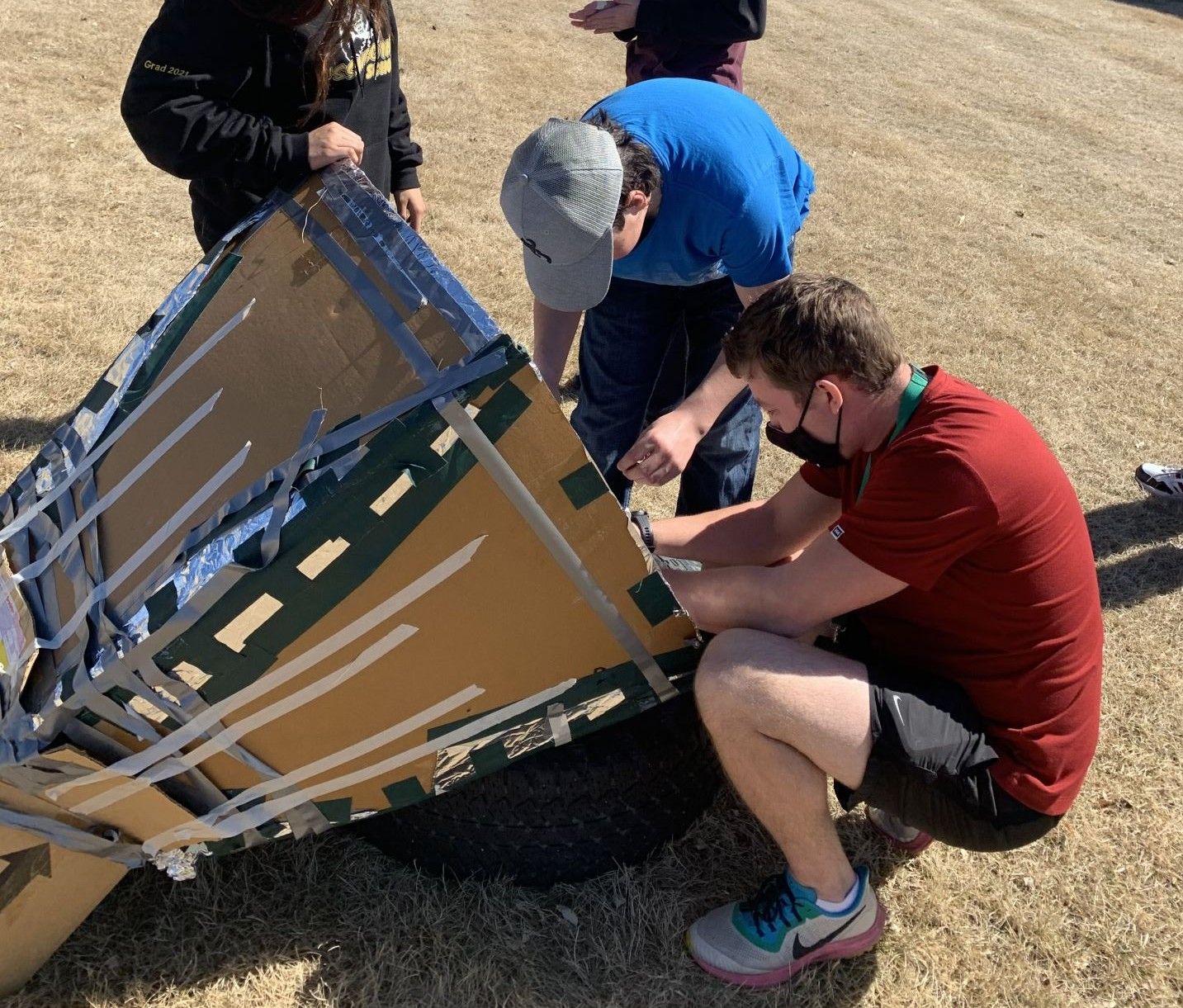
Kelowna Secondary School, Science 10Kelowna, British Columbia
Ms. Margett’s students geared up for a fun time this year as they built and raced electric vehicles. Given an example of what their model might look like, the students gained confidence in their skills through problem-solving and constructing a model electric vehicle. When asked about this project, one student said "I learned how not all energy goes to the system and how some goes to our surroundings in the form of heat, friction, sound, etc. I enjoyed this project a lot as I am a very hands-on learner and I find I learn a lot more!" The students not only used recycled file folders for the body of their models but once their final race was complete, they de-constructed their electric vehicles so the parts can be used again in the future.
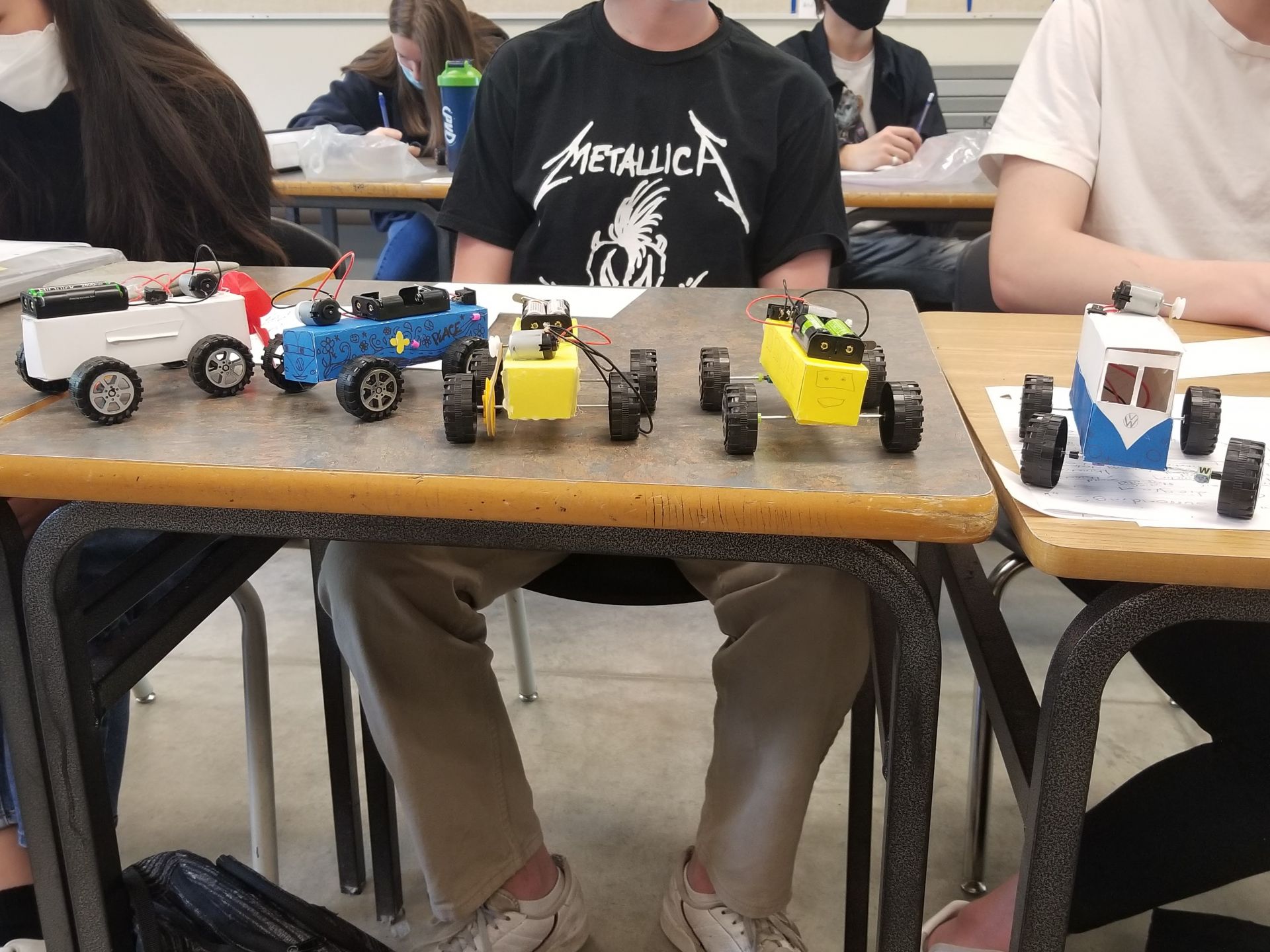
First Place - New Myrnam School, Grades 7-12Myrnam, Alberta
When a local community organization announced they were selling a fleet of golf carts in poor condition, the students of New Myrnam School saw an opportunity. They acquired the golf carts and with the support and resources of a variety of school and community members, such as the Career Trades Education Centre, they began retrofitting them with photovoltaic (PV) modules, also known as solar panels. Without the need for electrical charging, no greenhouse gases are being emitted through the charging and use of the newly retrofitted golf carts. Likewise, by refurbishing existing carts, this project conserved the energy that would have been needed to recycle or re-manufacture them. Students of all grade levels were involved in learning about clean energy, such as the grade ⅚ class who discovered that a hamster can produce enough usable electricity to charge a cell phone. With almost half of their golf carts retrofitted, New Myrnam School will be busy retrofitting their remaining 6 golf carts throughout the 2021/2022 school year.
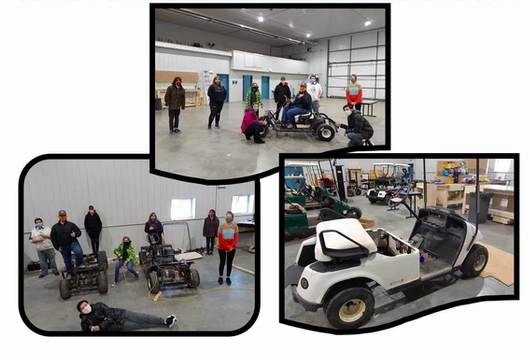
Third Place - Marceau Homeschool (Willow Home Education), Grade 4 and 6 Calgary, Alberta
Seeking an economic and environmentally friendly way to keep their home pool warm during the summer, the Marceau students designed and built a solar hot water heater. The students placed tubing on a sheet of plywood that they spray painted black and covered using a greenhouse panel. Calculating the energy required to heat the volume of water in their pool, the Marceau students estimate that their solar hot water heater will save upwards of 24.8 kWh of energy and more than 510lbs of CO2 emissions per year. Hoping to inspire others to take on a renewable energy project, they shared their work and learning with their friends, family, homeschool group and scouts community.
Second Place - St Francis Xavier High School, Science 30Edmonton, Alberta
Using approximately 80% recycled materials, Ms. Boulton’s students designed, constructed and tested 6 solar ovens. By cooking with their solar ovens, the students estimated that they are saving 0.96 kWh of electricity, 0.79 kg greenhouse gas emissions and $0.07 per day. They presented their projects to their school’s Environmental Awareness Committee and have big plans to incorporate this project into next year’s Environmental Awareness Week and involve even more students, teachers and community members.
Write your awesome label here.
Write your awesome label here.
Write your awesome label here.
The Re-Energy Challenge is made possible by the generous support of our funders:


GreenLearning
creates free education programs about energy, climate change and green
economy that engage and empower students to create positive change.
Explore
Get Involved
© 2024 GreenLearning. All rights reserved.


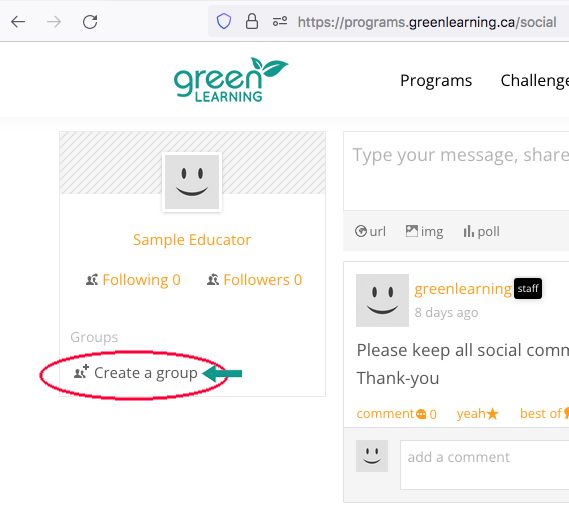
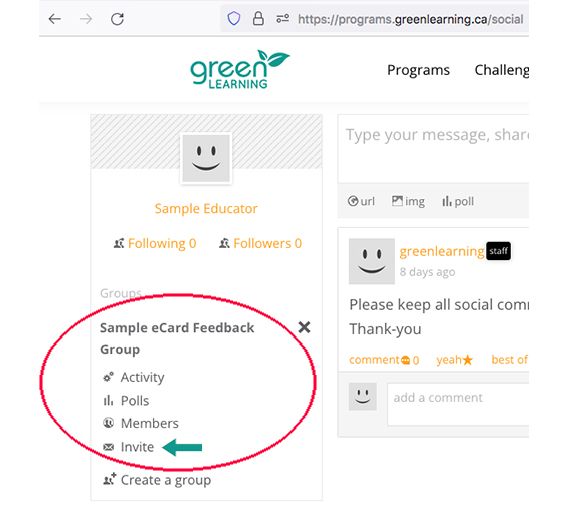

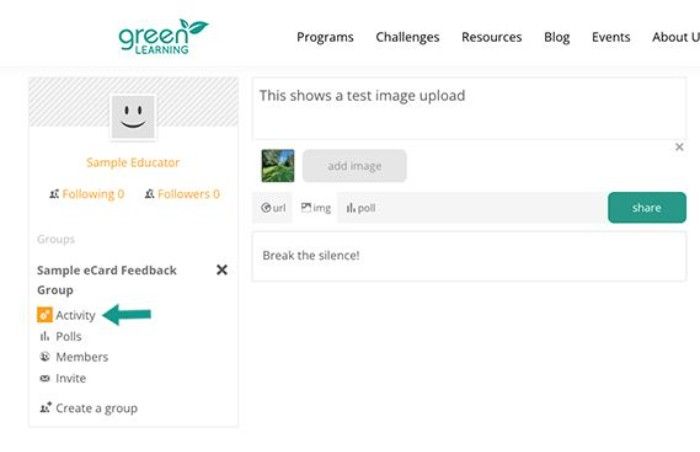
Activity link under private class group.
